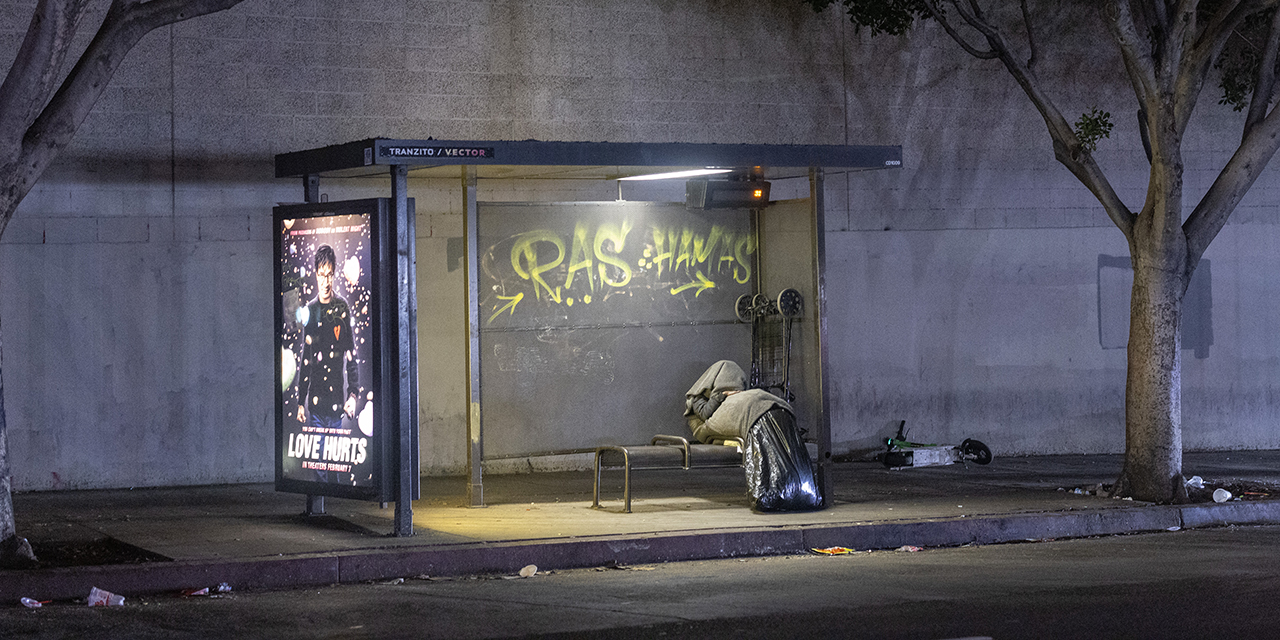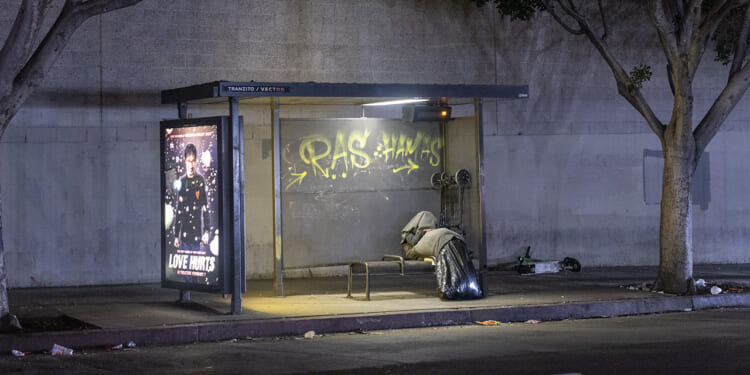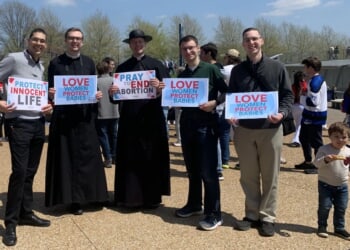
Last week, the Trump administration placed all 14 employees of the U.S. Interagency Council on Homelessness (USICH) on leave. Homeless advocates had been bracing for the move, following an executive order several weeks ago that instructed the agency to reduce its activities to the minimum required by statute.
While homeless advocates criticized the Trump administration’s decision to shutter the USICH, it’s the right call. The agency oversaw the largest increase in homelessness on record. Moreover, it has been unwilling to recognize the role its policies played in this development.
Finally, a reason to check your email.
Sign up for our free newsletter today.
Former USICH executive director Jeff Olivet lamented the demise of the agency, calling it a “devastating decision” for “the fine public servants who . . . have dedicated their lives to the work of ending homelessness.” Notably, Olivet did not include homeless people among those who would be materially affected by the decision. He was right not to do so: the USICH has completely failed in its “work of ending homelessness.”
The USICH was one of the principal government mouthpieces for Housing First policy, which deprioritized transitional housing programs that require clients to engage in treatment, remain sober, work, or participate in social services. As a result of the Housing First push, which the USICH extended to the states, the national supply of transitional housing programs fell by more than half over the last ten years. Concurrently, the share of homeless people with drug addiction living on the street rather than in shelters or transitional housing grew from 40 percent in 2013 to more than 60 percent today.
The evidence that homelessness has been getting worse on the USICH’s watch fell on deaf ears. The agency’s most recent strategic plan doesn’t consider the possibility that programs with more structure than Housing First would better serve high-risk populations. Instead, it dismisses such programs as having “often-discriminatory requirements for . . . sobriety.” Worse, the USICH sought to combat these allegedly discriminatory requirements by encouraging the enforcement of the Fair Housing Act against landlords.
Similarly, the USICH took a strong position against local and state policies that order law enforcement to clear encampments, calling such policies a “reverse course” that “criminalizes homelessness.” While the agency included plenty of speculative claims about the trauma inflicted on homeless people when they engage with law enforcement, it made no mention of the public safety or health dangers of homeless encampments.
States began breaking with USICH orthodoxy five years ago, when Austin voters overrode the city council and forced the city to reinstate a camping ban. The Texas legislature followed suit soon after. Now, state after state has passed sweeping reforms that encourage law enforcement to move people out of encampments and into shelters, fund alternatives to Housing First, and establish more transparency and accountability for the nonprofits that receive public funds to address homelessness.
These changes are in line with President Trump’s vision for federal homelessness reform—one that the USICH, unwilling to admit its mistakes over the past decade, would have obstructed at every turn. Good riddance to an agency that mistook ideology for impact.
Photo: Jason Armond / Los Angeles Times via Getty Images
City Journal is a publication of the Manhattan Institute for Policy Research (MI), a leading free-market think tank. Are you interested in supporting the magazine? As a 501(c)(3) nonprofit, donations in support of MI and City Journal are fully tax-deductible as provided by law (EIN #13-2912529).
Source link


















